
Pax Silica: Israel’s chance to become a must-have ally
Pax Silica offers Israel a path from protected ally of the US to indispensable partner on the global stage.

Pax Silica offers Israel a path from protected ally of the US to indispensable partner on the global stage.
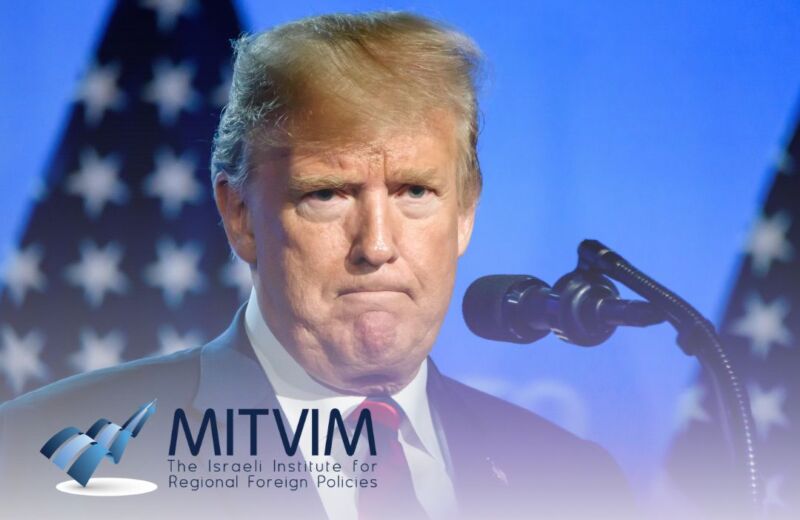
It is unclear why it was necessary to construct such a complex structure to address Gaza’s well-known fundamental problems.

Saudi Arabia holds unique leverage over the conflict's future, but Riyadh needs to choose to engage on all fronts. This is what pro-peace Israelis and Palestinians need it to do.
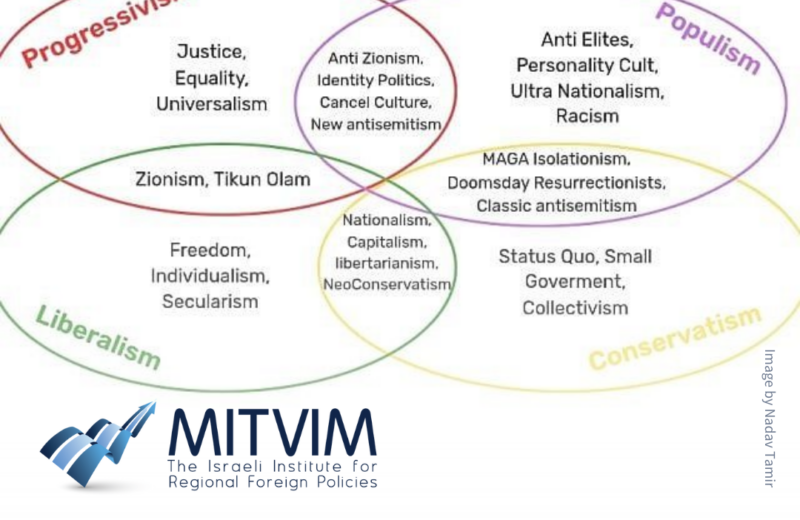
In the past decade, political discourse in the United States has become polarized, loud, and, at times, violent. Concepts that were once clear have become fluid and shifting according to the

These are critical days in the north. The severe blow to Hezbollah and the collapse of the Assad regime have created a diplomatic window for stabilization. This time, the opportunity is not only
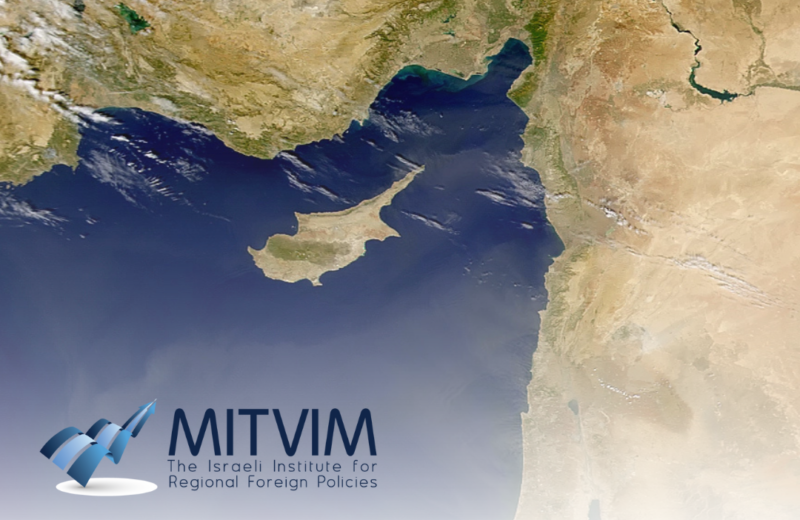
The two countries at last have a maritime border, letting energy firms search for new gas fields in the Eastern Mediterranean, but the agreement has geopolitical repercussions too.

On October 7th, Israeli society was significantly altered in light of the unprecedented trauma. As a direct result, the Israeli political system, which has never excelled in developed civil
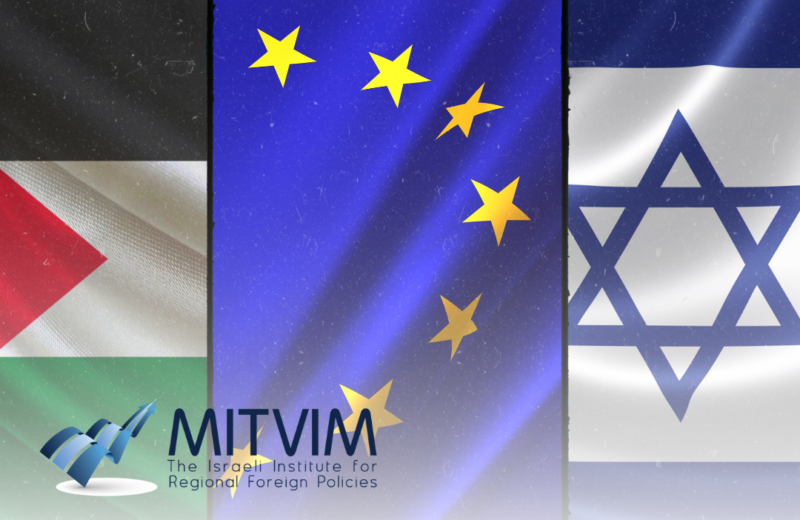
At this year’s State of Europe event, I had the privilege of initiating and facilitating a dialogue on the evolving dynamics of the Palestine–Israel–Europe relationship — a conversation that felt
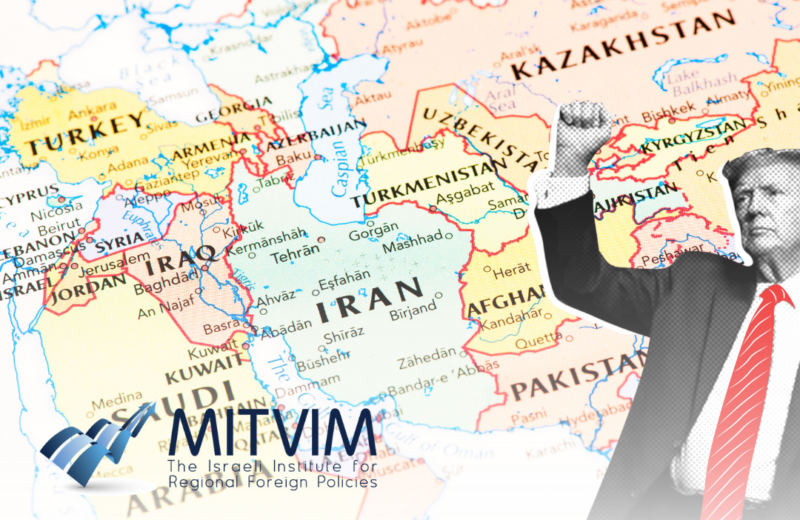
This new configuration is not good news for Israel. Its formation is another unplanned consequence of the war.

As part of Mitvim Institute’s 8th annual “Building Hope” conference on regional foreign policy, Dr. Roee Kibrik, Director of Research, held an in-depth conversation with Muhammad Baharoon,

Over the past two years of regional turmoil and a devastating war, Dr. Roee Kibrik, Director of Research at the Mitvim Institute, held an in-depth conversation with Ambassador Abderahman

Saudi Crown Prince Mohammed bin Salman's trip to US secured all his primary objectives and left Israel without leverage as a conduit to Washington.

Based on a conversation conducted by Dr. Roee Kibrik ahead of Mitvim’s Annual “Building Hope” Conference.

Israel’s liberal, centrist politicians have been playing politics by Netanyahu’s rules – and losing because of it.
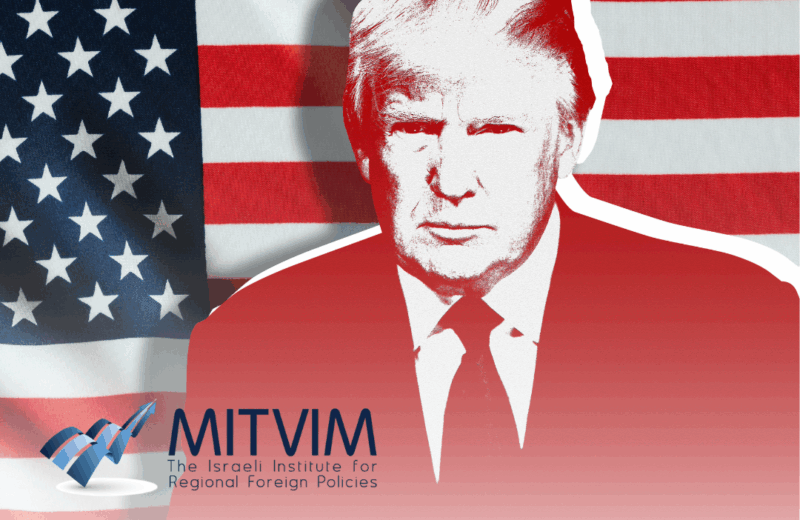
The problem with Donald Trump’s plan is that it actually consists of several plans without a detailed timetable.

Before the attacks on Oct. 7, Netanyahu had weakened Israel’s foreign ministry and centralized power in his own office, hollowing out the country’s diplomatic apparatus. When the war began,

Contrary to the lies of the coalition and the cowardice of some in the opposition, like Gantz, who portray recognition of a Palestinian state as a “reward for Hamas,” the truth is precisely the
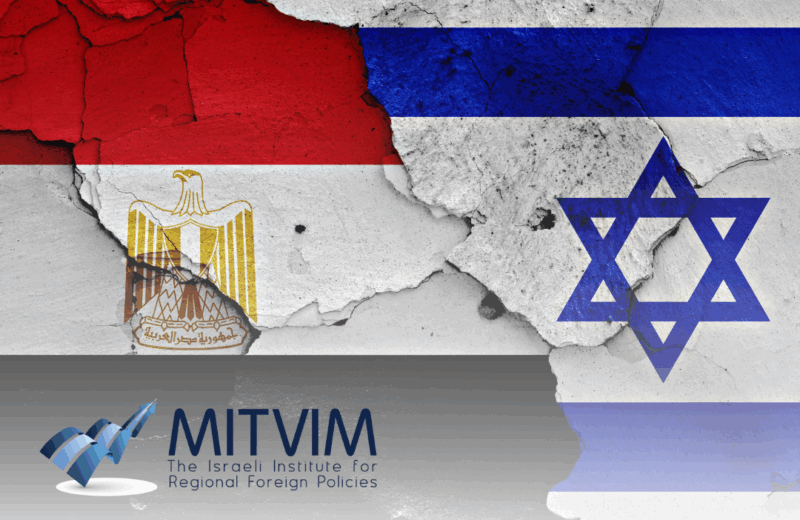
Netanyahu’s policies since Oct. 7 have strained relations with Cairo at the expense of Israeli security.

Israeli decision-makers tend to treat the Abraham Accords as a given. These relationships require ongoing “irrigation and fertilization,” lest they wither away.
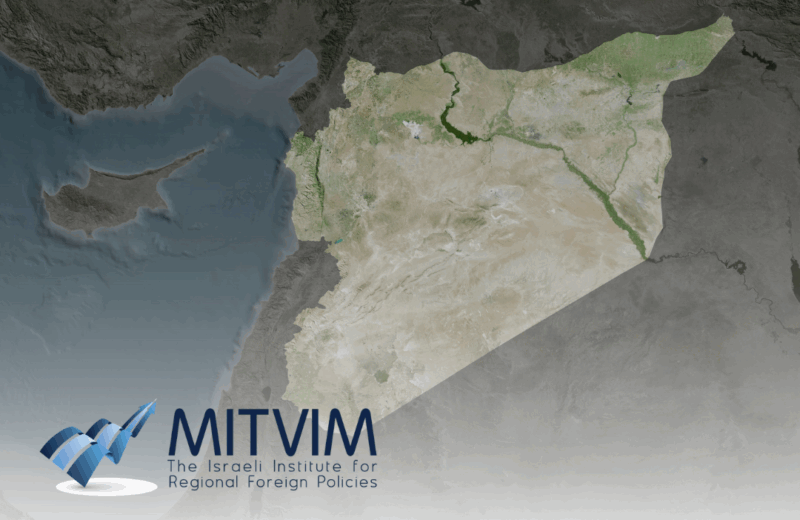
Al-Sharaa confirmed the possibility of clinching a deal during a meeting with Arab journalists earlier this month, accompanied by a US push for Israel to cooperate in this regard.

Germany’s reserve towards Netanyahu not only jeopardises the two-state solution, but also Israel’s democratic future.

Like every Israeli child, I grew up with the memory of the Holocaust. My grandmother came to Palestine from Germany as a young Zionist before World War II. Her family, who stayed behind, perished.

Israel's military accomplishments should have been leveraged into a political gain.

The massacre of October 7th and the ensuing military campaigns in Gaza, Lebanon, Syria, and Iran did not merely reshape the Middle Eastern political landscape — they also redefined Israel’s role

Discussions aimed at reaching a mutual understanding are vital to preventing miscalculation from either side.

More than a century after Britain first endorsed a Jewish homeland in Palestine, it now stands on the brink of recognizing a Palestinian one. In 1917, the Balfour Declaration marked the first

On July 29th, I joined an emergency press tour organized by Ir Amim, focusing on the planned settlement expansion in E1. The tour came ahead of the plan’s upcoming court hearing on August 6th
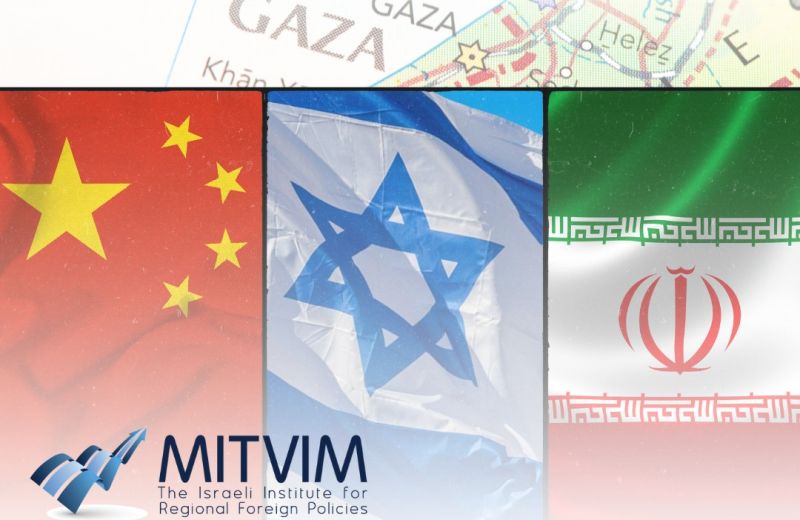
If Israel plays its diplomatic cards wisely, it could redefine its bilateral relationship with China in the wake of the Iran war.
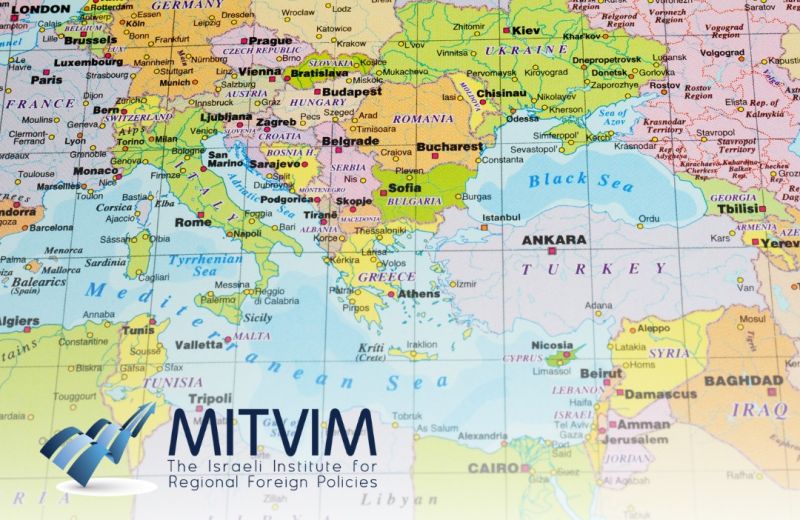
After Prolonged Multi-Front Confrontations, Diplomatic Opportunities Emerge
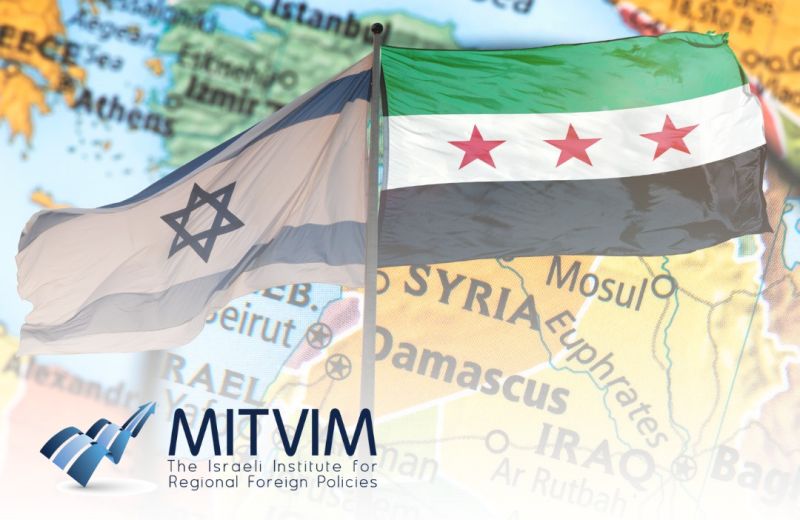
A renewed security agreement between Israel and Syria could lead to a new kind of normalization.
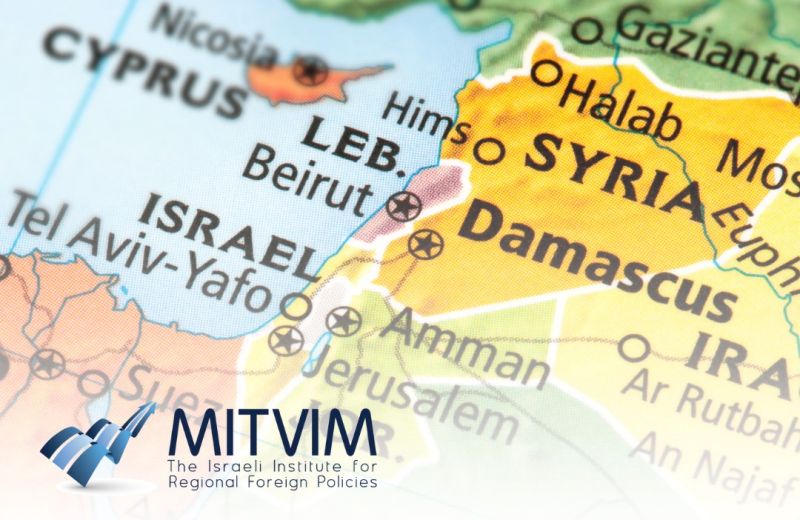
This is a once-in-a-blue-moon opportunity to agree a détente between two hostile neighbours, but getting there is tricky. Several issues must (but can) be overcome.

It overestimates the appeal of military might while ignoring the real motivations that have historically led Arab states to normalize relations with Israel.

SOCAR’s expanding footprint in Israel could eventually open new routes and strategies for future export diversification in the region.
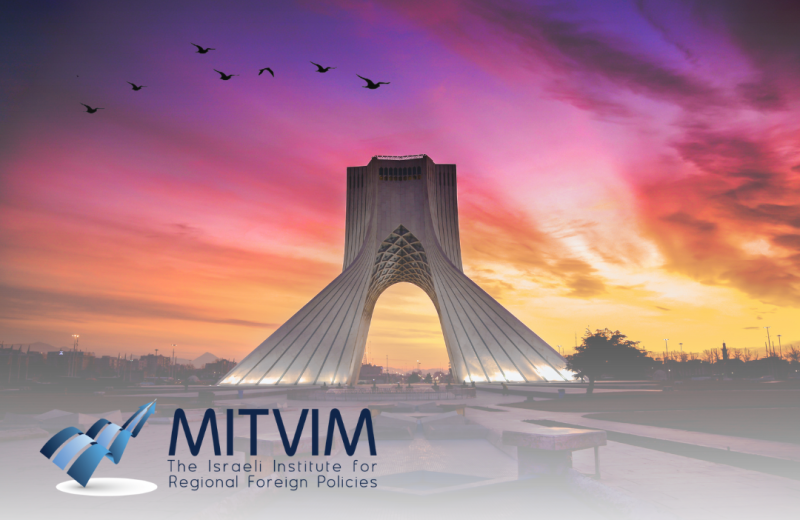
The ceasefire in the war with Iran provides us with an opportunity to draw lessons both for that conflict and beyond it.
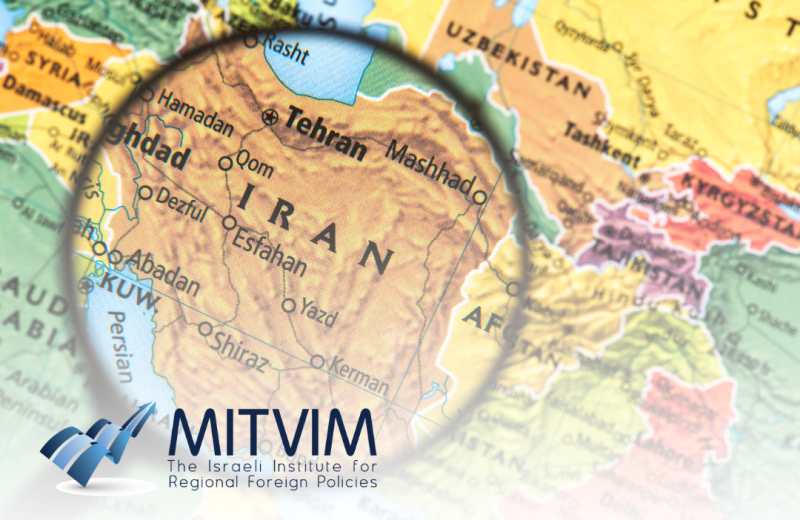
Iran’s axis of proxies has taken a serious hit and has become an axis of the weak.
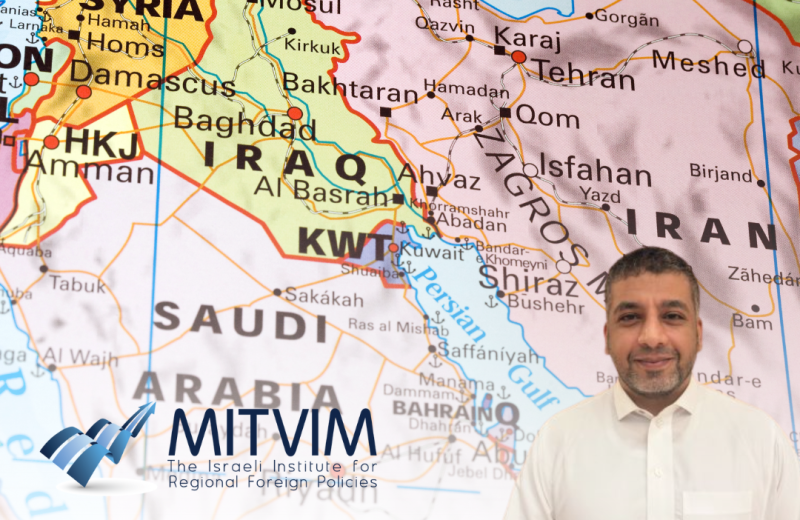
In a special conversation with the Mitvim Institute, Saudi scholar Dr. Aziz Alghashian – a senior research fellow at Mitvim – shares a Gulf perspective on the Israel-Iran conflict, calling for
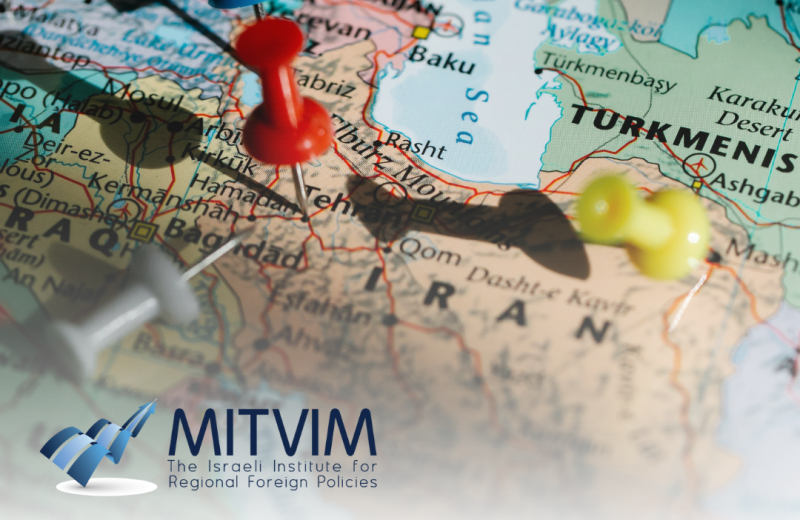
"Security is not just the tank, the airplane, and the missile ship. Security is also, and perhaps above all, the person—the person, the Israeli citizen. Security is also the person's education,

